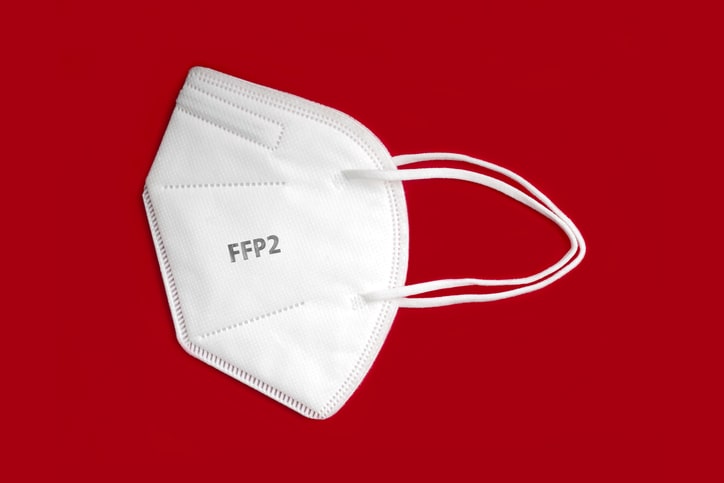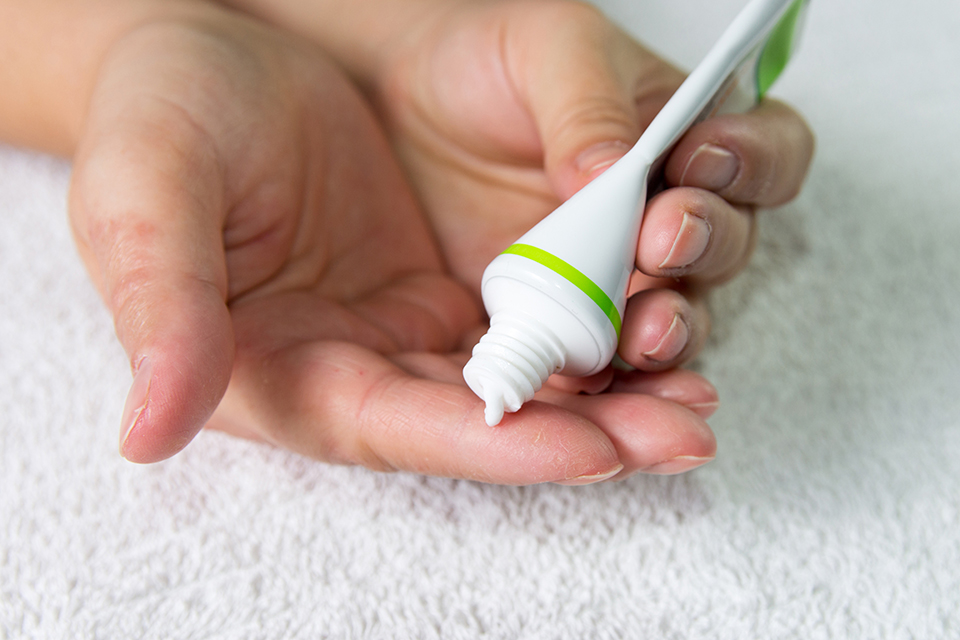
A new study found the use of allopurinol to treat gout does not increase risk of chronic kidney disease and may protect renal function in some patients.
Researchers assessed 4,760 patients newly diagnosed with gout who initiated allopurinol (≥ 300 mg/d) and matched them to 4,760 patients who did not initiate allopurinol. Among the initiators (3,975 men, 785 women), 579 patients developed chronic kidney disease stage 3 or higher, compared to 623 of the noninitiators (3,971 men, 789 women), with a mean follow-up time of five and four years. Mean age was 57 years old and mean body mass index (BMI) was 30. Compared with noninitiators, patients taking ≥ 300 mg/d of allopurinol had a decreased risk of developing chronic kidney disease stage 3 or higher (hazard ratio [HR], 0.87; 95% CI, 0.77-0.97). Allopurinol doses < 300 mg/d made no difference in renal function decline (HR, 1.00; 95% CI, 0.91-1.09).
#Gout drug allopurinol may offer some protection against chronic #kidney disease | https://t.co/j6JbWstCli
— American Society of Nephrology (@ASNKidney) October 9, 2018
Study author Tuhina Neogi, MD, PhD, and rheumatologist at Boston Medical Center, said of the results, “Ultimately, we hope these results will be disseminated to PCPs and internists taking care of patients with gout (since the bulk of patients with gout are managed in primary care) so that allopurinol is not held or stopped when a patient experiences a creatinine bump.”
"We hope these results will be disseminated to PCPs and internists taking care of patients with gout." SPH and @BUMedicine researcher @Tuhina_Neogi on new @JAMAInternalMed study she coauthored finding allopurinol may protect against kidney disease. https://t.co/2rLqZHNvYO
— Boston University School of Public Health (@BUSPH) October 9, 2018
Gout affects 3.9% of Americans, making it the most common inflammatory arthritis, the researchers noted. Chronic kidney disease stage 3 occurs in one-fifth of gout patients, compared to just 5% of the population without gout.
“Allopurinol use, initiated at a dose of at least 300 mg/d, was associated with a 13% reduction in the risk of developing CKD stage 3 or higher,” the study authors wrote. “In contrast, initiation of allopurinol at a dose of less than 300 mg/d had no association with developing CKD stage 3 or higher, consistent with current thinking that most patients need doses higher than 300 mg/d to achieve clinically meaningful outcomes.”
#Allopurinol does not appear to be associated with #kidney #renal function decline!
👉🏽https://t.co/k06dSOhW37
By @BiaVargass @Tuhina_Neogi et al
via @JAMAInternalMed#gout #chronickidneydisease pic.twitter.com/WsDzSSe1JJ— Dr Ai Lyn Tan (@DrAiLynTan) October 9, 2018
Study: No Increased CV Risks From Xanthine Oxidase Inhibitors in Older Patients Treating Gout
The economic burden of uncontrolled gout: how controlling gout reduces cost
Study: Obesity, Hypertension, and Diuretic Use Linked to Gout
Sources: JAMA Internal Medicine, EurekAlert







 © 2025 Mashup Media, LLC, a Formedics Property. All Rights Reserved.
© 2025 Mashup Media, LLC, a Formedics Property. All Rights Reserved.